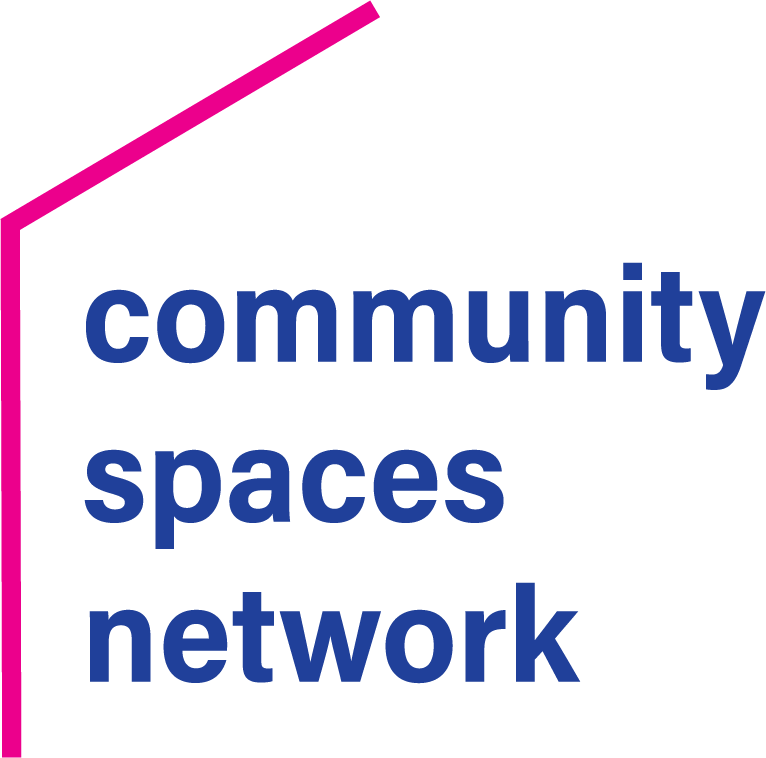Check out the helpful tips that our members shared at this quarter’s NCN member Roundtables:
1. “Senior Days” can expand your reach.
Looking for new ways to grow your community and invite people into your space? One member shared the idea of hosting a monthly “Senior Day” where seniors can visit free of charge to explore your space. This allows them to experience your community or try out amenities like fitness classes or an urban garden. This might be a great fit for centers with aligned programming or senior-serving partners, or lead to growing your volunteer base.
2. Culture-building can make the biggest impact when starting out.
In an older building or repurposing a space? The culture you are creating and quality of service you offer can outweigh curb appeal when getting started. Structural safety and liability concerns should always be addressed, of course. But when lining up funding priorities, remember that curating the experience and community counts for a lot.
3. Try not to isolate the owner’s space in your building.
When considering the layout or assignment of space within your building, keep in mind where the owner’s space exists in relation to the other tenants or partners. Try to be mindful to not isolate the building owner’s space to encourage interaction and to break down the power dynamic between building owner and tenants/partners. This can lead to a more open, inclusive, and engaged community space.
4. Consider cyber insurance as part of your risk management plan.
With community spaces, addressing liability and insurance needs is an important part of operations. If cyber insurance isn’t already part of your risk management plan, it’s worth considering, depending on the services or programs you provide. Cyber attacks and data breaches are increasingly common, so protecting yourself on this front can be a wise move. Make it a point to assess cyber threats and your insurance needs each year when assessing all other liability concerns.
5. New building amenities might open the door to new funding sources.
Every community space has its own lineup of amenities that make sense for the community it serves. These might include event spaces, art galleries, kitchens, podcast studios, childcare facilities, and more! Some of these amenities might make your organization eligible for funding including cultural grants, technology funding, or even nutrition and wellness programs. These funding sources might assist in the development or operation of these amenities, growing your capacity and community impact.

